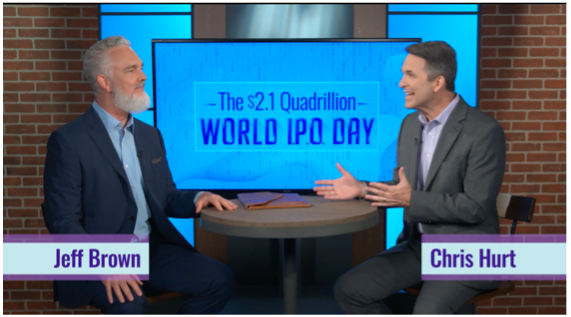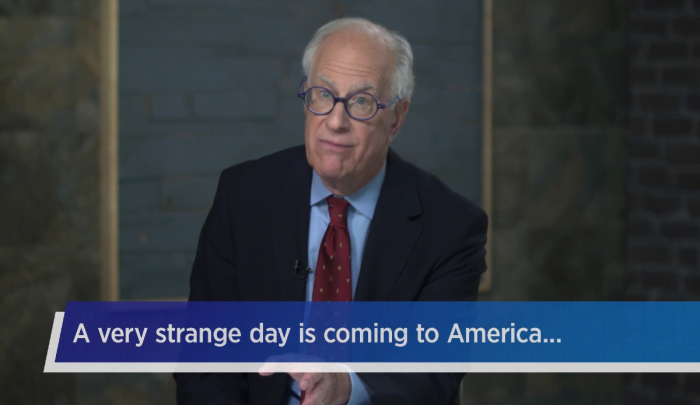REITs offer a unique risk/reward profile that doesn’t always perfectly correlate with stocks or bonds because real estate is an asset class that’s not directly tied to traditional markets, REITs can bolster your portfolio when markets take a plunge.
For example, during the dot-com recession, REITs were up every single year from 2000 to 2002, by contrast, stocks were down every one of those years. Historical returns aren’t bad, either. Over the past 20 years, REIT total return performance has beaten the performance of the S&P 500 as well as the Russell 1000 (large-cap stocks), Russell 2000 (small-cap stocks) and Bloomberg Barclays (U.S. aggregate bond).
Retail REITs have struggled in 2020’s due to pandemic closure and worker shortages. Mall REITs like Simon Property Group (SPG) were hit particularly hard as most mall tenants are considered nonessential businesses.
Retail REITs are likely to gain steam in a post-pandemic world. If you’re interested in investing in some of the top retail REITs available, our research team has done some of the legwork and compiled this list of the top retail REIT investments for 2022.
Store Capital (STOR) is a net-lease REIT that invests in single tenant properties primarily across the quick service restaurant, health club, childhood learning and auto repair sectors. Its portfolio, which was 99.6% occupied as of the third quarter consists of 2,587 properties leased to 511 tenants and spread across 49 states. And it’s a rare REIT in that it has Warren Buffet’s seal of approval.
Portfolio growth helped fuel 6% revenue gains and 3% FFO (funds from operations, an important profitability metric for REITs) per share growth in 2021. The portfolio is valued at $9.3 billion, approximately 11% above the REIT’s market capitalization. Remaining lease terms averaging 14 years with fewer than 3% of leases scheduled to expire within the next five years gives the portfolio great stability.
Store Capital has been a strong dividend grower among high-yield REITs, improving its payout by more than 40% since its 2015 IPO. The dividend growth doesn’t appear to be stopping anytime soon, in fact, the company recently raised its annual dividend yield to $1.44 (3.98%). This is a dividend you can trust, too, given an extremely conservative payout ratio averaging 70% of FFO over the past five years.
Essential Properties Realty Trust (EPRT) invests in single-tenant, net-lease properties across the US. At present, the REIT owns nearly 1,100 properties leased to 214 tenants spread across 16 different industries. At present, its properties are 99.6% leased and have remaining lease terms averaging a high 14.6 years.
Over 60% of the portfolio consists of e-commerce resistant businesses such as quick service restaurants, child learning facilities, car washes, medical office and convenience stores. Of these, only the child learnings segment (roughly 13% of the portfolio) has been moderately impacted by the coronavirus.
Thanks to the essential nature of its portfolio, this small but resilient REIT managed to keep its adjusted FFO flat throughout 2021, generated 6% FFO per share growth during the first six months of 2021, invested nearly $360 million in 126 new properties that are already 100% leased and ended the third quarter in stellar financial shape with liquidity of about $490 million and a modest 4x ratio of net debt-to-EBITDA.
Essential Properties began paying dividends in 2019, a year after it came public, and hiked those payouts twice that year for a total increase of nearly 10%, but has kept dividends level in 2020 and 2021. Payout is at the low end of the REIT range at 3.53%.
EPRT is among the most loved high-yield REITs on this list, with several calling it a Buy and reiterating their views of late. It’s one of the lowest net-debt-to-EBITDA ratios in the sector with a strong balance sheet to boot.
W.P. Carey (WPC) is a leading net-lease REIT that invests in high-quality, single-tenant properties. Net-lease REITs reduce risk by passing property-specific expenses (usually maintenance, insurance and taxes) directly to the tenant and embedding contractual rent increases in leases. That makes the REIT’s income more predictable and reliable.
W.P. Carey owns 1,216 properties across the U.S. and western Europe. Its properties are leased to 352 different tenants. The REIT boasts a well-diversified tenant base, with industrial, warehouse and office properties representing nearly 70% of the portfolio and only 17% retail exposure, which has helped to reduce the effects of the pandemic on 2021 occupancies and rents.
In Q3, the portfolio showed a 98.9% occupancy rate and average remaining lease term of 10.7 years.
A portfolio diversified by property type helped to keep rent collections strong throughout 2021, with 100% collection for self-storage, office and retail, 99% for industrial and 94% for warehouse. Adjusted FFO declined 11.5% on a per-share basis but exceeded analyst estimates.
With over $1.9 billion of liquidity, W.P. Carey will be able to step up investments in new properties, which should fuel 2022 AFFO growth. W.P. Carey also continues to be one of the most attractive high-yield REITs because of its slow but frequent and persistent dividend growth. The company hiked its quarterly payout for a 82nd consecutive quarter in December to $1.055 per share (5.33%). AFFO payout ratio is also low for a REIT, at 85%, giving W.P. Carey additional flexibility to continue hiking dividends.
Should you invest in W.P. Carey right now?
Before you consider buying W.P. Carey, you'll want to see this.
Investing legend, Keith Kohl just revealed his #1 stock for 2022...
And it's not W.P. Carey.
Jeff Bezos, Peter Thiel, and the Rockefellers are betting a colossal nine figures on this tiny company that trades publicly for $5.
Keith say’s he thinks investors will be able to turn a small $50 stake into $150,000.
Find that to be extraordinary?
Click here to watch his presentation, and decide for yourself...
But you have to act now, because a catalyst coming in a few weeks is set to take this company mainstream... And by then, it could be too late.
Click here to find out the name and ticker of Keith's #1 pick...











